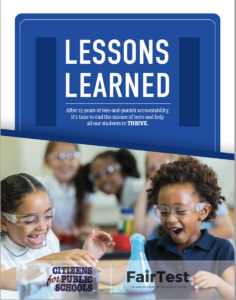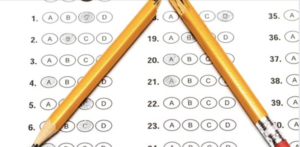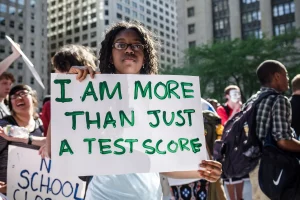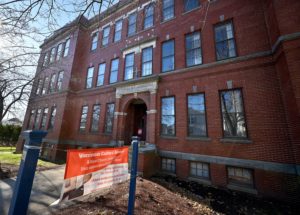The use of state MCAS scores for making critical decisions about students, schools, and school districts has had a harmful effect on all three. That’s the conclusion of a new report from Citizens for Public Schools and the National Center for Fair & Open Testing (FairTest).
The report is titled Lessons Learned: After 25 years of test-and-punish accountability, it’s time to end the misuse of tests and help all our students to thrive. It supports passage of the “Thrive Act” which aims to stop the damage and improve educational quality and equity for all Massachusetts students. The Thrive Act would keep MCAS testing but end the MCAS graduation requirement. It would also stop stake takeovers of local schools and districts based on scores.
“Children are being harmed by the misguided use of MCAS standardized test scores as a barrier to graduation and a bludgeon against schools and districts that educate our most vulnerable students,” said Lisa Guisbond, one of the report authors and executive director of Citizens for Public Schools. → Read More






